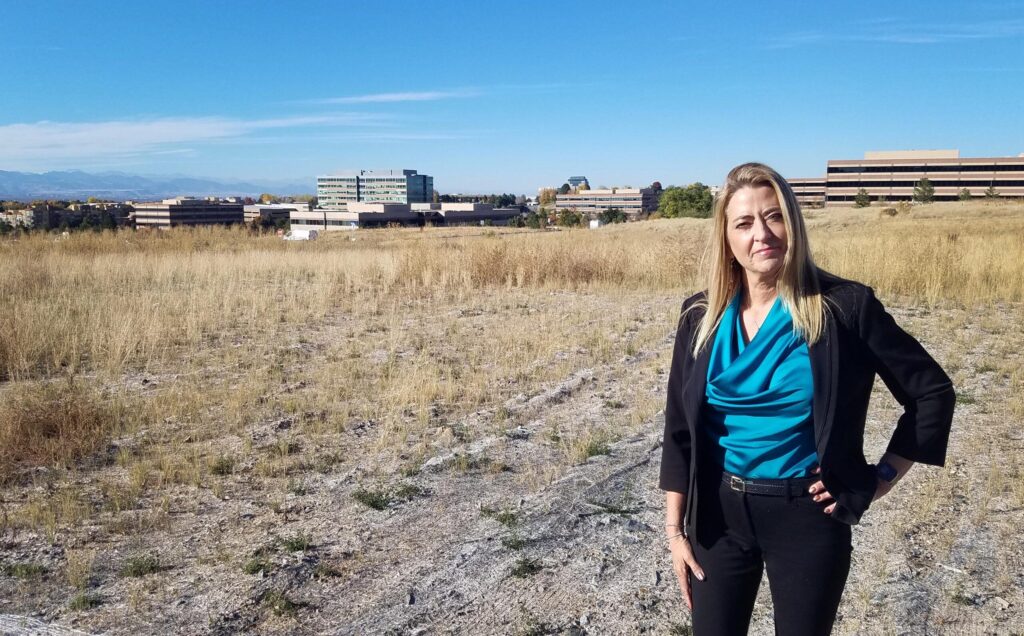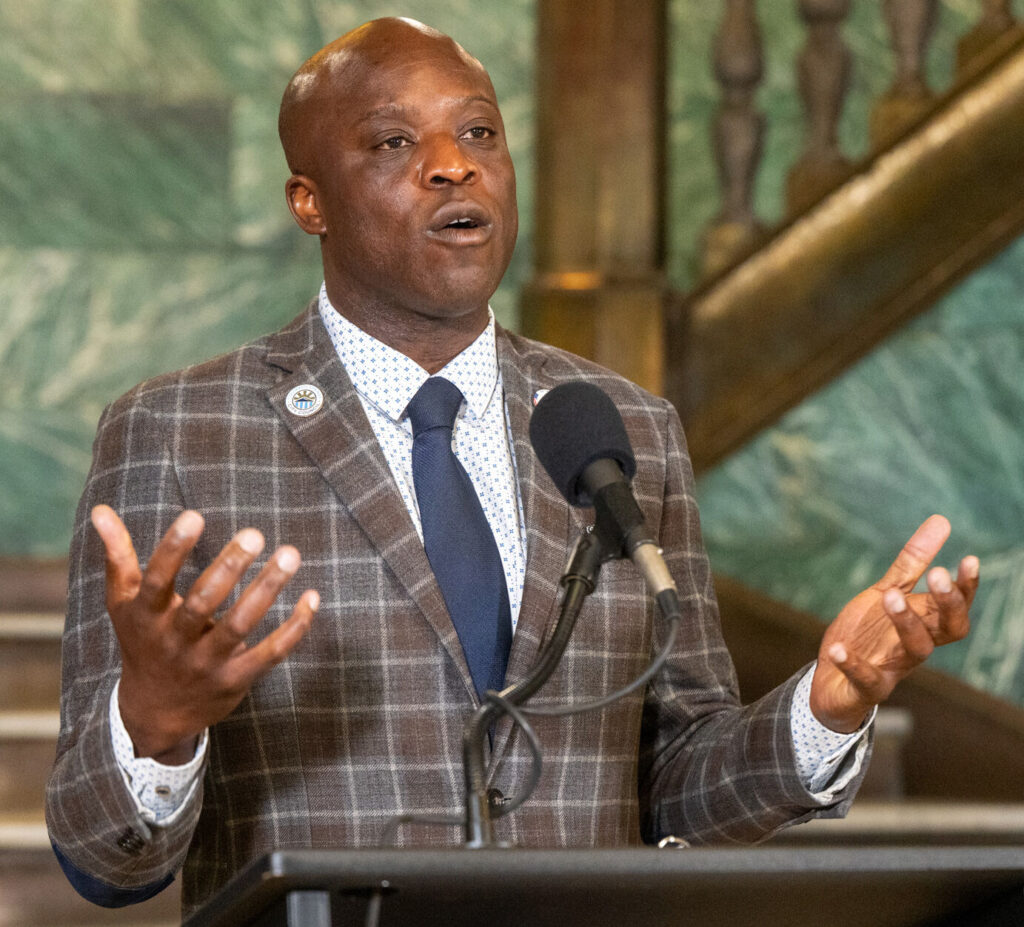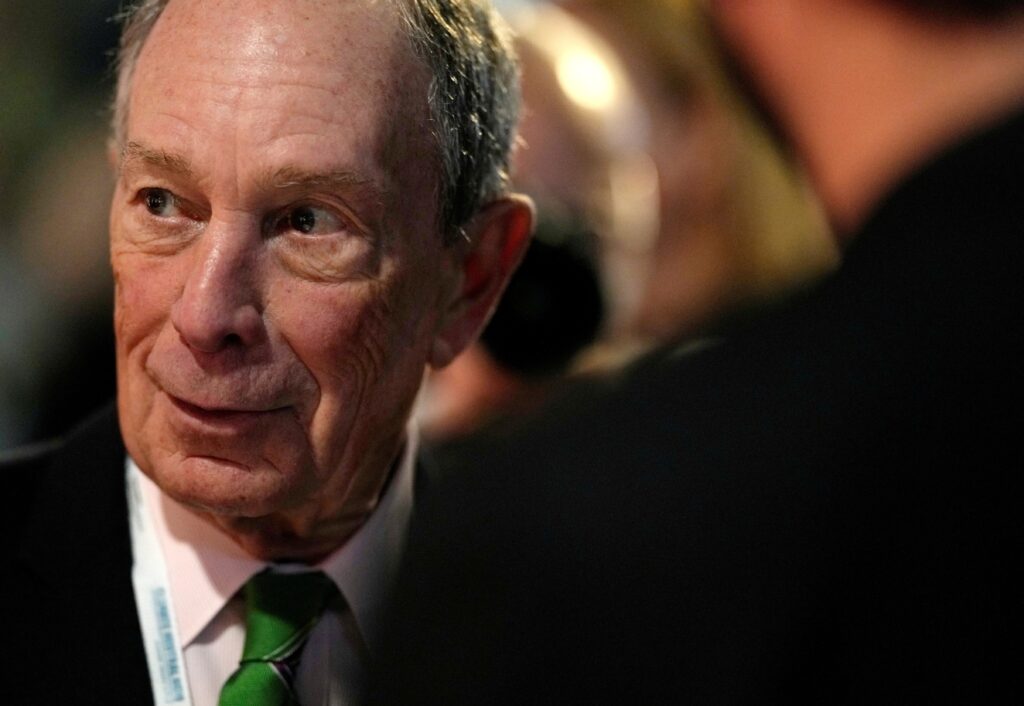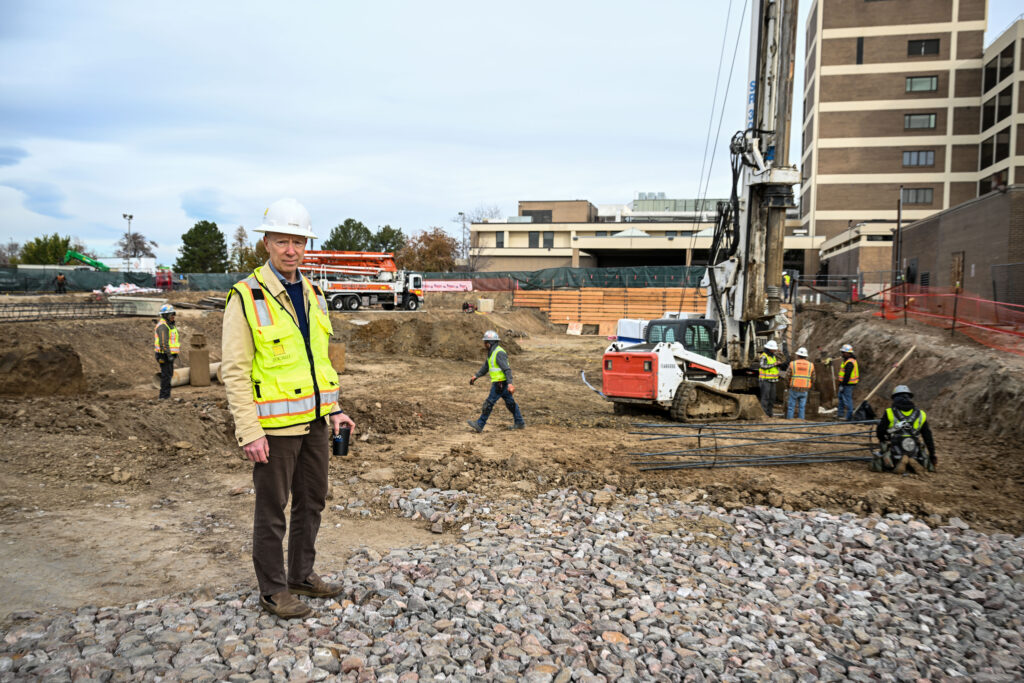Colorado Gov. Hickenlooper tells ag community future is in outdoor recreation

Colorado Gov. John Hickenlooper, in remarks at this week’s 27th annual Governor’s Forum on Agriculture, pointed to the outdoor recreation industry as one area that can help rural communities rebound economically.
In January, the Colorado Convention Center hosted the first of five years of shows from the Outdoor Industry Association, which for years had been held in Salt Lake City.
Hickenlooper told the agriculture forum audience that the day before the convention started, representatives of eight states brought in executives from outdoor recreation companies, and the result was something called the Colorado Accord. It’s a non-partisan effort around clean air, water and public land, something the trade association strongly supports and part of the reason the trade show moved to Colorado, he said.
This accord is the start of an opportunity for Colorado to be a national leader in outdoor recreation, Hickenlooper said. The companies involved are small, around 10 to 15 employees.
“They don’t want to live in the cities or their businesses to be in the cities,” he said. “These are companies that are naturals for smaller communities …. This is a chance to build a relationship between farms and ranches and outdoor recreation. If you want more jobs in your towns, there will never be a better chance.”
The governor also addressed the ongoing negotiations over the North American Free Trade Agreement (NAFTA), and the importance of maintaining partnerships with NAFTA partners Canada and Mexico. The renegotiation of the 22-year old agreement hasn’t gone as quickly as he would like, Hickenlooper said.
“Our relationships with Canada and Mexico need to remain strong,” given that more than half of Colorado agricultural exports go to those two countries, he said, adding that NAFTA has the potential to do so many good things for Colorado, and that he’s spent time talking with officials from both countries.
“They just want a deal.”
Hickenlooper noted he recently spoke with the U.S. Secretary of Agriculture Sonny Perdue and they agreed on several issues, such as on better and faster negotiations with South Korea, China and India on agricultural trade; about volatility in the labor market for ag, and for a more balanced approach on agricultural regulations.
One of the state’s highest priorities for global exports, he said, is to open up Asia. “There’s an insatiable appetite for beef and pork” in South Korea, China and Japan, and the U.S. needs a fair deal with those countries.
Hickenlooper also made a push for a long-term funding solution for the Colorado water plan. Last month, the governor said he favored a change in how the state collects severance taxes on oil and gas, claiming, among other things, that Colorado has the lowest severance taxes on oil and gas in the region.
A court case two years ago with oil giant BP dramatically reduced the amount of severance taxes the state can collect, which has been used in the past to mitigate oil and gas activity in rural communities and to pay for water projects around the state. The state had to take money out of its general fund to pay for the property tax deductions the court decided BP was owed. After that, the state’s share of severance taxes dropped from around $150 to $200 million per year in 2016 to about $25 million last year, Hickenlooper said.
Without a structural change in how severance taxes are levied, he warned, severance taxes could come to an end. “But let’s get a referred measure on the ballot” that will provide a fair tax structure for oil and gas, he said. “It’s a social contract with the state of Colorado. If it were presented properly” voters would not walk away from it.
That didn’t fly with Senate President Pro tem Jerry Sonnenberg of Sterling, who was in the audience and is president of the board of the Colorado Agricultural Leadership Program, which hosts the event. Sonnenberg disputed the governor’s claim that Colorado has the lowest severance taxes in the region.
Sonnenberg told Colorado Politics that “we have robbed $400 million from severance taxes” to cover budget shortfalls, including $100 million to pay BP for the lawsuit. “We need to figure out how not to rob Peter to pay Paul,” Sonnenberg added. “If we truly want to do something about severance tax, maybe we add all energy: wind, solar, nuclear and hydroelectric.”














